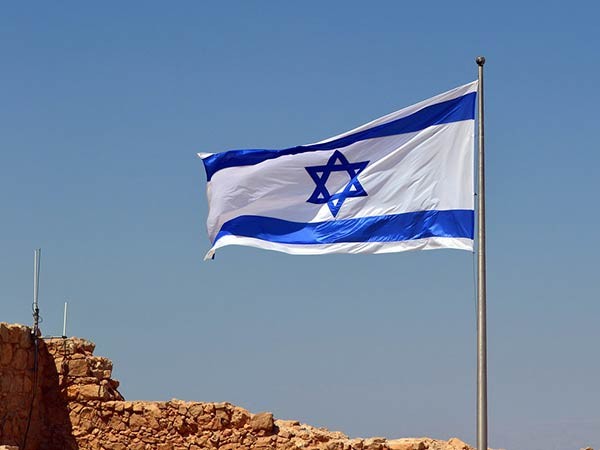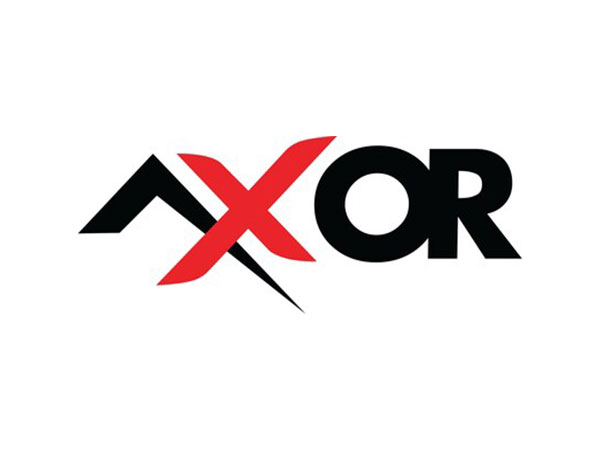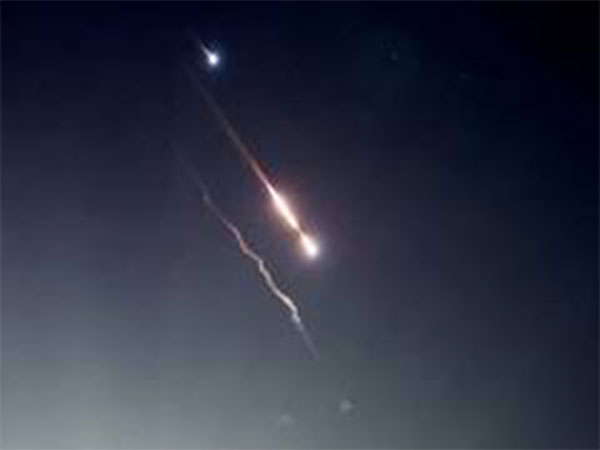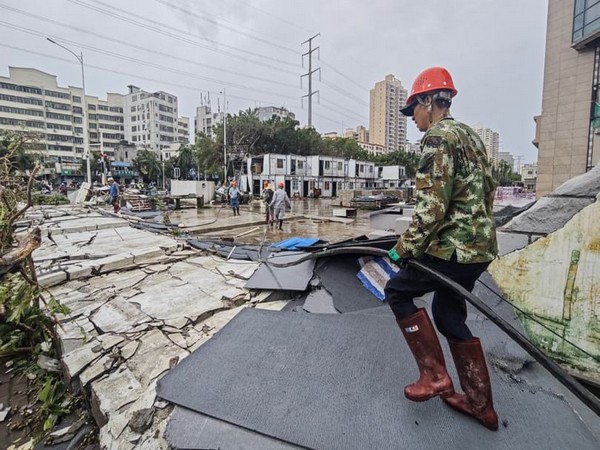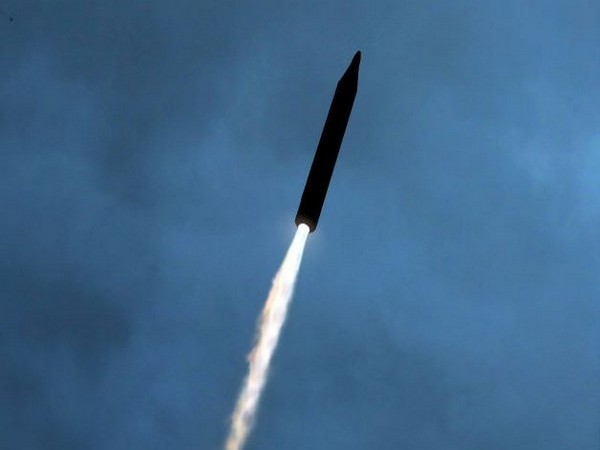Under internal and external pressure, Israel twice postponed its attack on Iran to recalculate?
Apr 20, 2024
Jerusalem [Israel], April 20: According to three Reuters sources, Israeli Prime Minister Benjamin Netanyahu 's war cabinet initially approved the attack plan on the night of April 15, targeting targets inside Iranian territory, in response to the unprecedented attack. of Tehran aimed at Israel on the night of April 13. However, the implementation of this plan was postponed at the last moment.
Sources said that at the time, the three voting members of Israel's war cabinet opposed the most drastic option: an attack on strategic Iranian locations, including nuclear facility. Attacking such locations would almost certainly trigger wider conflict in the region.
According to sources, the above response plan has been postponed twice due to divisions in the Israeli war cabinet, strong warnings from partners, including the US and Gulf countries, as well as Israel is aware that it needs to keep international opinion on its side. Israeli government officials revealed two war cabinet meetings were also delayed twice.
Mr. Netanyahu's office did not respond to a request for comment on this information. Before the attack, a spokesman for Israel's National Directorate of Public Diplomacy quoted Netanyahu as saying that Israel will defend itself in any way it sees fit.
The retaliatory strike - believed to have been carried out by Israel - finally took place on April 19, using drones and apparently targeting a military base near the city of Isfahan in central Iran. The site is deep inside Iranian territory and close enough to nuclear facilities to help Israel send a message about its capabilities. But the attack did not use aircraft or ballistic missiles, did not target any strategic locations and did not cause major damage.
An Iranian official told Reuters there were signs the drones were launched from inside Iran by "intruders", so Tehran saw no need to respond. Iran's Foreign Minister said on April 19 that Tehran had not yet seen evidence confirming Israel's involvement in the attack. Israel has so far remained silent about the incident.
"Israel has tried to carefully calculate, weighing the need to respond and the desire to not be pushed into a spiral of action and response that will escalate endlessly," Reuters quoted Mr. Itamar Rabinovich, former Israeli ambassador as saying. in America.
He equates this situation to a dance, where both parties signal each other's intentions and next steps.
Many layers of pressure
Israel's decision to delay an immediate, large-scale response this week highlighted the range of pressure the Netanyahu government was under, after Iran launched more than 300 drones and ballistic missiles. religion and journey to Israel on the night of April 13.
When the Iranian attack took place, two members of Israel's war cabinet, Minister Benny Gantz and Minister Gadi Eisenkot - both former armed forces commanders - wanted to react immediately. But they agreed to delay action after a phone call between Mr. Netanyahu and US President Joe Biden, as well as due to objections from other ministers.
According to a Reuters source, one of the first signals about Israel's impending attack was conveyed to senior US officials by Netanyahu's aides in an online meeting on April 18. discussed Iran's attack as well as military plans in Rafah.
The source said Israel had made it clear that it was about to take retaliatory action but did not give a specific date or target. The US side emphasized the need to proceed cautiously to avoid escalating tensions, according to this source.
Mr. Abdelaziz al-Sagher, head of the Saudi Arabia-based Center for Gulf Studies, said Gulf countries are increasingly worried that the situation will lead to "a serious conflict in the region, may be beyond anyone's control or ability to prevent."
According to researchers, Gulf countries have warned Washington about the risk of escalation, arguing that Israel should only launch a limited attack that does not cause significant casualties or damage, possibly leading to a retaliation. large scale enemy.
A senior intelligence source in the region revealed this message "has been strongly communicated" by Saudi Arabia and Qatar over the past few days, through direct diplomatic and security channels.
Source: Thanh Nien Newspaper
